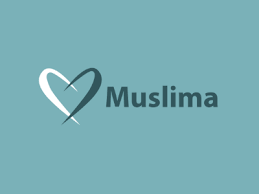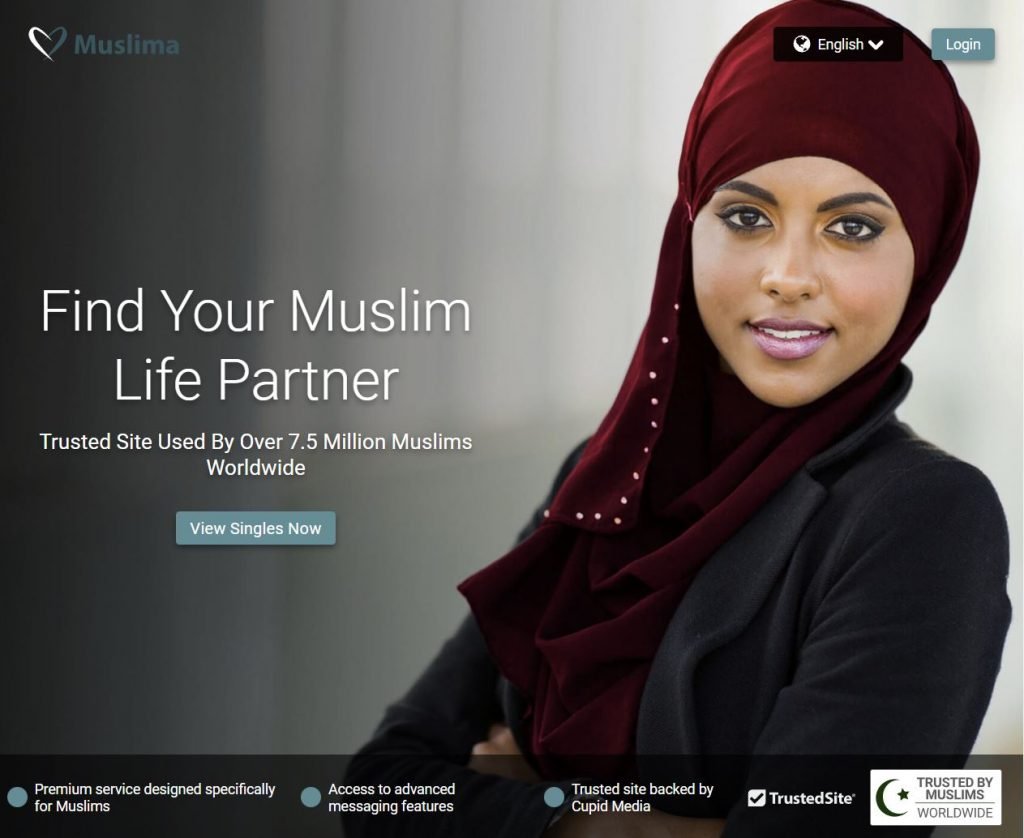
Introduction
The term “Muslima” represents an essential aspect of the diverse and vibrant world of Islam. It refers to Muslim women, who make up a significant portion of the global Muslim population. Muslim women, like their male counterparts, play crucial roles in their communities, shaping the socio-cultural, economic, and political landscapes of their societies. In this comprehensive article, we will explore the multifaceted identity of Muslima, examining their beliefs, challenges, achievements, and contributions to society.

The Diversity of Muslima Identity
The identity of Muslima is deeply rooted in their faith, which serves as a guiding principle in their lives. Islam, a religion with over 1.8 billion adherents worldwide, encompasses a wide range of cultures, languages, and traditions. As such, Muslima identity is not monolithic but is shaped by various factors, including geographical location, cultural heritage, and personal experiences.
- Religious Identity: At the core of every Muslima’s identity is her faith in Islam. The five pillars of Islam—Shahada (faith), Salat (prayer), Zakat (charity), Sawm (fasting), and Hajj (pilgrimage)—form the foundation of their religious practice. These rituals provide a sense of purpose and connection to the divine, unifying Muslim women across the globe.
- Cultural Diversity: The Muslim world spans across continents and encompasses numerous cultures. Muslim women in Indonesia may have different customs, languages, and traditions compared to those in Saudi Arabia or Nigeria. These cultural variations contribute to the rich tapestry of Muslima identity.
- Modesty and Dress: The hijab, a symbol of modesty and submission to Allah, is a significant aspect of many Muslim women’s identity. However, the choice to wear the hijab varies from person to person and is influenced by personal beliefs and societal pressures. Some women wear it as an expression of their faith, while others may choose not to. This diversity highlights the importance of personal agency in Muslima identity.
Challenges Faced by Muslima
Despite their diversity and contributions to society, Muslim women encounter unique challenges that stem from both internal and external factors.
- Stereotyping and Discrimination: Muslim women often face negative stereotypes and discrimination based on their attire and visible religious practices. These biases can lead to social exclusion, limited opportunities, and unequal treatment.
- Intersectionality: Muslima identity intersects with other aspects of a person’s identity, such as race, ethnicity, and socio-economic status. This intersectionality can compound the challenges faced by Muslim women, as they may experience discrimination on multiple fronts.
- Gender Equity: Achieving gender equity within the Muslim world remains a significant challenge. While Islam promotes the idea of gender equality, cultural and societal norms sometimes restrict women’s rights and opportunities.
- Balancing Faith and Modernity: Many Muslim women grapple with the tension between their religious beliefs and the demands of modern life. Striking a balance between traditional values and contemporary aspirations can be challenging.
Empowerment and Resilience
Despite these challenges, Muslima have demonstrated remarkable resilience and have made significant contributions in various fields:
- Education: Many Muslima have pursued higher education, breaking barriers and shattering stereotypes. They excel in fields such as medicine, engineering, law, and the humanities, contributing to the intellectual and professional growth of their communities.
- Entrepreneurship: Muslim women entrepreneurs are thriving in various industries, from fashion and technology to food and education. They are creating innovative solutions and empowering others through economic independence.
- Advocacy and Activism: Muslima are actively engaged in advocacy and social justice initiatives, addressing issues such as gender equality, human rights, and religious freedom. Their voices play a crucial role in promoting positive change within their communities and beyond.
- Community Leadership: Muslim women are assuming leadership roles within their communities, mosques, and organizations. They are actively involved in community building, interfaith dialogue, and social services.
Conclusion
The identity of Muslima is complex and multifaceted, reflecting the diversity of the Muslim world. While they face unique challenges, their resilience and contributions to society are undeniable. Muslim women continue to shape their communities, striving for a balance between faith and modernity, and advocating for gender equity and social justice.
It is essential to recognize and celebrate the achievements of Muslima and to challenge stereotypes and biases that hinder their progress. By acknowledging the diversity and strength of Muslim women, we can promote inclusivity and empower them to play an even more significant role in shaping our global society
Post a Review
Reviews
No reviews yet.